Petrochemicals Recycled Polypropylene 07-08-2021 - Arhive
Petrochemicals Recycled Polypropylene
SABIC launches certified circular polycarbonate – a first in the industry based on advanced recycling
Another huge milestone in SABIC’s sustainability journey in the industry, based on its TRUCIRCLE™ circular model – upcycling post-consumer mixed plastic
Post-consumer mixed plastic is used as feedstock to produce polycarbonate based on the mass balance concept
Up to 23% potential reduction of greenhouse gas (GHG) footprint compared to incumbent polycarbonate1
SABIC, a global leader in the chemical industry, today announced the launch of its certified circular polycarbonate (PC) resin and blends made from the upcycling of post-consumer mixed plastic – a first in the industry. This solution, based on advanced recycling, demonstrates SABIC’s ongoing commitment to drive towards a circular economy for plastics, by increasing the availability of more sustainable products.
According to an internal SABIC LCA study[1], the certified circular polycarbonate offers a potential carbon footprint reduction up to 23% in comparison to its incumbent.
“In another significant contribution towards the development of a circular economy for plastics, we are proud to have developed a new solution that can help our customers to meet their sustainability targets and generate value by increasing the amount of recycled post-consumer mixed plastic they process,” said Abdullah S. Al-Otaibi, ETP & Market Solution General Manager at SABIC. SABIC is continuously broadening its sustainability offerings, and in ETP (engineering thermoplastics) specifically, new solutions in our polycarbonate portfolio to help support our customers’ increasing needs for circular content and CO2 footprint reduction,” added Al-Otaibi.
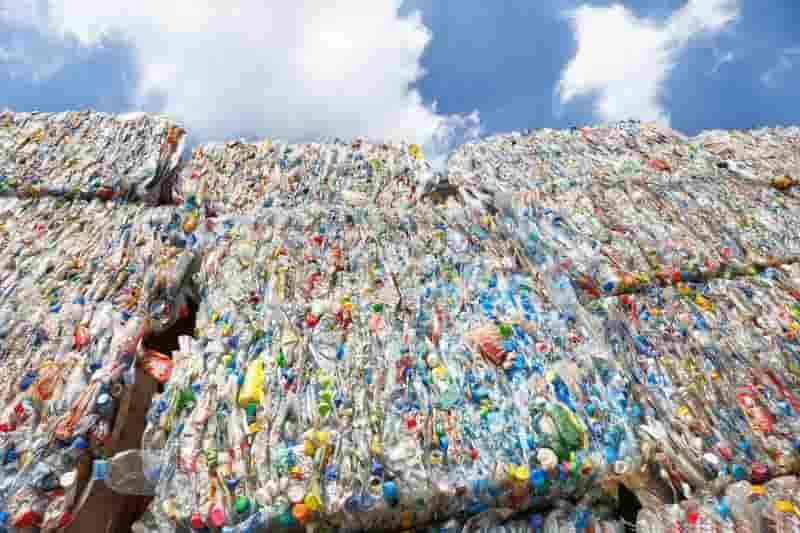
Making an impact: Milliken’s latest family of performance modifiers enhances virgin polypropylene impact copolymers and recycled PP resin performance, without compromise Petrochemicals Recycled Polypropylene
Overview
Milliken has designed its family of DeltaMax® Performance Modifiers for use in injection moulded applications of virgin polypropylene impact copolymers (ICPs) and recycled polypropylene (rPP) resins. While PP is a cost-effective material, it traditionally has had some limitations when it comes to providing a balance of high impact with stiffness and melt flow. This can make it difficult to cost-effectively formulate, design, and process parts. This is particularly true for rPP resins, which typically lack high melt flow and impact properties required for many injection moulded parts in consumer, industrial, and automotive applications.
DeltaMax Performance Modifiers address this issue head-on. The technology enables converters to enhance the impact and melt flow of their ICP or rPP resins by adding a masterbatch machine-side at the injection press. The net effect is the ability to design parts with higher impact strength and thinner profiles, run machines with faster cycle times or lower temperatures, limit the use of costly impact modifiers, and reduce inventory of multiple ICP resins.

-Polyplastics’ Topas Earns APR Recognition for Recyclability with Polyethylene Films
The recognition from the Association of Plastic Recyclers (APR) allows companies to confidently use COC to enhance performance of recyclable products.
Polyplastics USA has been granted Critical Guidance Recognition from the Association of Plastic Recyclers (APR) for its flexible multi-layered film for stand-up pouches. APR recognition demonstrates that Polyplastics’ Topas copolymer is compatible with polyethylene (PE) film recycling streams.
The pouches are made with 15.5% or less Topas cyclic olefin copolymer (COC) in four grades. To support the packaging industry’s movement to a circular economy, Polyplastics is aggressively developing necessary data to support industrywide sustainability efforts. Petrochemicals Recycled Polypropylene
APR recognition is based on the technical recyclability of multi-layered film, including COC content, with PE films. The film meets or exceeds APR’s FPE-CG091, Critical Guidance Protocol for PE film and Flexible Packaging, Path 1. This allows companies to confidently use COC to enhance performance of recyclable products. The new recognition follows APR’s critical guidance for high-gloss HDPE containers with 20% cyclic olefin copolymer, TOPAS 8007F-600, outer layer.
Paul Tatarka, Market Development Manager for Polyplastics USA, commented: “COC is a highly effective material option that can be used as a strategic component to meet today’s broad sustainability needs. Discrete COC layers in a multi-layer structure can be an effective and efficient design option for recyclable flexible films, particularly for stand-up pouches.”
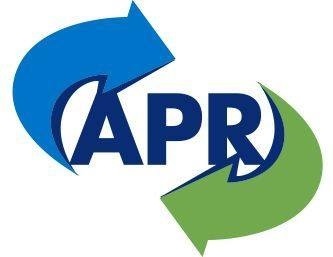
-Trinseo raises August PS, ABS and SAN prices in Europe
Trinseo, a global materials company and manufacturer of plastics, latex binders, and synthetic rubber, and its affiliate companies in Europe, have announced a price increase for all polystyrene (PS), acrylonitrile-butadiene-styrene (ABS) and acrylonitrile-styrene copolymer (SAN) in Europe, according to the company’s press release as of August 3. Petrochemicals Recycled Polypropylene
Effective August 1, 2021, or as existing contract terms allow, the contract and spot prices for the products listed below rose, as follows:
– STYRON general purpose polystyrene grades (GPPS) — by EUR45 per metric ton;
– STYRON and STYRON A-Tech and STYRON X- Tech and STYRON C- Tech high impact polystyrene grades (HIPS) – by EUR60 per metric ton;
– MAGNUM ABS resins – by EUR130 per metric ton;
– TYRIL SAN resins – by EUR90 per metric ton.
As MRC reported earlier, Trinseo reduced its prices for PS grades on July 1, 2021, as stated below:
– STYRON GPPS — by EUR190 per metric ton;
– STYRON and STYRON A-Tech and STYRON X- Tech and STYRON C- Tech HIPS – by EUR170 per metric ton.
According to ICIS-MRC Price report, Russian market players expected August prices for Nizhnekamskneftekhim’s material to be announced last week. By the end of last week, Nizhnekamskneftekhim reported a reduction of Rb5,000/tonne in its next month’s PS prices, said several major market players.
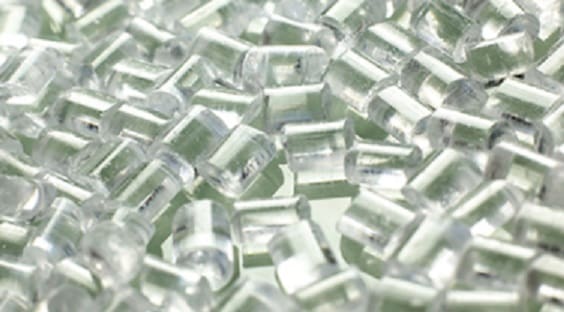
-Glass-Fiber PBT Probes Potential in Vehicle Radar
The compounds deliver exceptional warpage control and laser welding capability, allowing design freedom for improved signal transmission.
As urbanization propels the development of self-driving technology and broader implementation of advanced driver assistance systems (ADAS), automotive OEMs and tiers are actively seeking high-performance materials that can optimize the capabilities of today’s higher-frequency (>75 GHz), millimeter-wave (mmWave) radar units. To help meet this need, Sabic is launching two new materials — LNP Thermocomp WFC06I and WFC06IXP compounds — developed for the front and back enclosure covers, respectively, of next-generation radar units. Petrochemicals Recycled Polypropylene
The new glass-fiber-reinforced polybutylene terephthalate (PBT) grades offer a very low dissipation factor (Df) and dielectric constant (Dk) to help support the transmission of higher-frequency radar signals. They also feature super-low warpage that allows designers to potentially create new, thinner covers that improve signal transmission.
Furthermore, these new Sabic products can contribute to efficient radar unit assembly by supporting high-speed, high-precision laser welding.
“Advancements in ADAS are accelerating rapidly as the automotive industry develops new vehicle technologies aimed at alleviating traffic congestion and improving safety in expanding urban areas,” said Joshua Chiaw, Director, Business Management, LNP & NORYL, Specialties, Sabic. “Sabic is aggressively developing new materials to help ADAS designers achieve goals related to size and weight reduction, signal transmission accuracy and reliability improvements, and seamless integration with the vehicle. We work closely with companies at all levels of the ADAS value chain to understand fast-changing and demanding requirements and deliver tailored, high-performance material solutions that address them.”

-Ascend wins lithium-ion battery additive patent case against Samsung SDI
Ascend Performance Materials has successfully challenged a lithium-ion battery technology patent held by Samsung SDI. In a final written decision, the U.S. Patent Trial and Appeal Board held that all of the challenged claims were invalid for multiple reasons. Petrochemicals Recycled Polypropylene
The board’s decision broadly enables manufacturers to use Trinohex Ultra™ in the United States for their lithium-ion battery electrolyte formulations.
To date, Ascend’s global efforts to invalidate Samsung SDI’s patent family have been successful, with favorable decisions in China and the U.S., with actions pending in other jurisdictions.
“We are pleased that the board saw the merits of our case against an overly broad and restrictive patent,” said Dan Burke, Ascend’s intellectual property attorney. “The board agreed that the scope of the existing patent was too broad and that its claims were invalid in view of earlier well-known additives.”
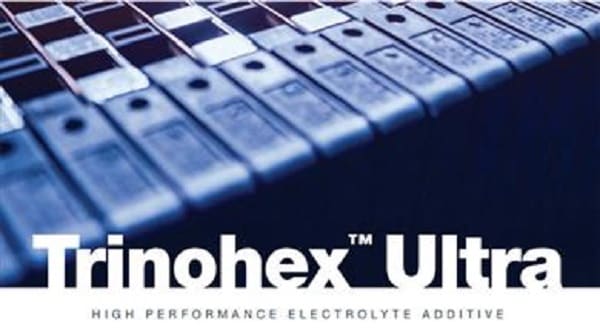
-Weekly Resin Report: Spot Prices Mixed as July Drew to a Close
Spot polyethylene grades held steady to a penny higher, while polypropylene grades slipped a couple of cents.
Resin trading activity stayed in the slow lane during the second half of July. There was a better flow of domestic supply, which was met by sporadic demand surges; spot prices were mixed as July came to a close, reports the PlasticsExchange in its Market Update. Petrochemicals Recycled Polypropylene
Spot polyethylene (PE) grades held steady to a penny higher, while polypropylene (PP) grades slipped a couple of cents. Completed volumes and performance at the PlasticsExchange trading desk ran well above year-ago levels but only tallied around its 2021 average. Although activity has slowed, resin is still priced at historically lofty levels and remains in the vicinity of the records established during the first half of the year. Sentiment is shifting, however, as production and inventories have made great strides toward recovery. While numerous producers remain on force majeure and/or allocation, more demand is being satisfied by contracts, which is generating fewer urgent spot orders while other supply options also become available. This has brought meaningful resistance to high asking prices and, in many cases, suppliers have acquiesced by easing pricing to complete transactions.
Producers had nominated an average $0.05/lb price increase for July PE contracts, but even as the month has essentially ended, contracts have not been fully settled. Some participants believe contracts should roll flat; others believe the increase will take hold. We can envision a rare split result, with still scarce high-density (HD) PE resins taking the increase while low-density (LD) and linear-low-density (LLD) PE grades, which seem more balanced, roll flat, writes the PlasticsExchange. If the increase does not fully confirm for July, producers will take another swing at it in August. In case another major supply issue arises, another nickel rise is already nominated. PP contracts rose $0.02/lb in line with the rise in propylene contracts, but the $0.05/lb margin enhancer was pushed off for another attempt in August.
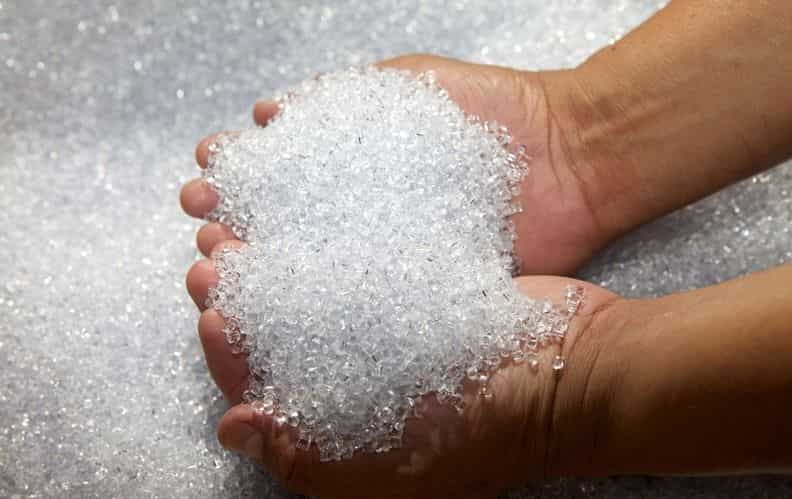
-Fabric produced from recycled carbon emissions
US biotechnology company LanzaTech has partnered with lululemon athletica, an athletic apparel company headquartered in Vancouver, Canada, to create the world’s first yarn and fabric using recycled carbon emissions that would otherwise be emitted to the atmosphere as pollution. Petrochemicals Recycled Polypropylene
Illinois-based LanzaTech has developed a solution to produce ethanol from waste carbon sources and is working with partners India Glycols Limited (IGL) and Taiwan’s Far Eastern New Century (FENC) to convert the ethanol to polyester.
Recycling carbon is a fundamental element of the circular economy, which will keep fossil carbon in the ground, reducing pollution and fossil fuel usage when used to make polyester. With a lower carbon footprint, this innovation could transform lululemon’s products and the apparel industry.
“We must radically change how we source, utilise and dispose of carbon,” said LanzaTech CEO Jennifer Holmgren. “Carbon recycling enables companies like lululemon to continue to move away from virgin fossil resources, bring circularity to their products, and achieve their climate change goals around carbon reduction. We call this being carbon smart.”
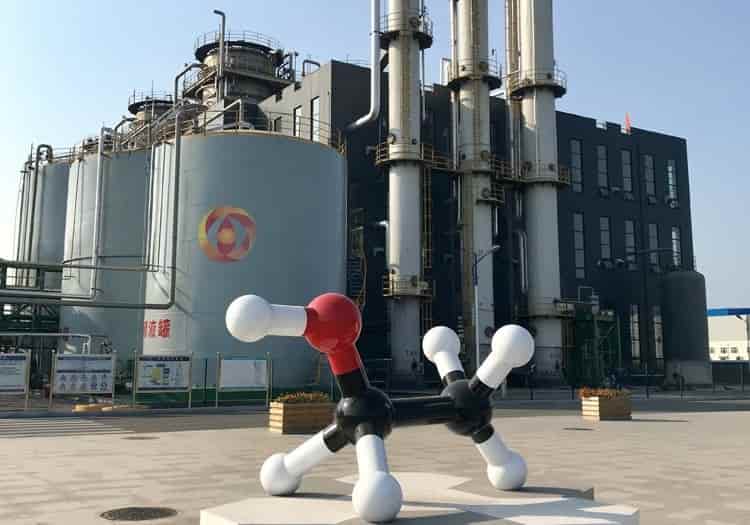
-Alpla acquires South African packaging manufacturer
In other news, Austria-based manufacturer of plastic packaging and recycling specialist, Alpla Group, has acquired the lubricants division of South African packaging manufacturer Verigreen Packaging. Based in Durban, the company specialises in bottles and canisters for lubricants such as engine oils.
Verigreen Packaging has a workforce of 25 employees at its site in Durban. “This acquisition is the perfect fit for our strategy,” explains Mike Resnicek, Managing Director of Sub-Saharan Africa at Alpla. “It offers us an inroad into a market segment in which we have not been present in southern Africa until now as well as generating synergies for our existing customers and giving us opportunities to further diversify our portfolio.” Petrochemicals Recycled Polypropylene
With the acquisition, Alpla is increasing its involvement in this region. In 2017, it acquired Boxmore Packaging, the African market leader in the manufacture of PET bottles, PET preforms and caps. A modern production facility together with a regional head office is currently under construction in Lanseria near Johannesburg. There is another production facility near to Cape Town.
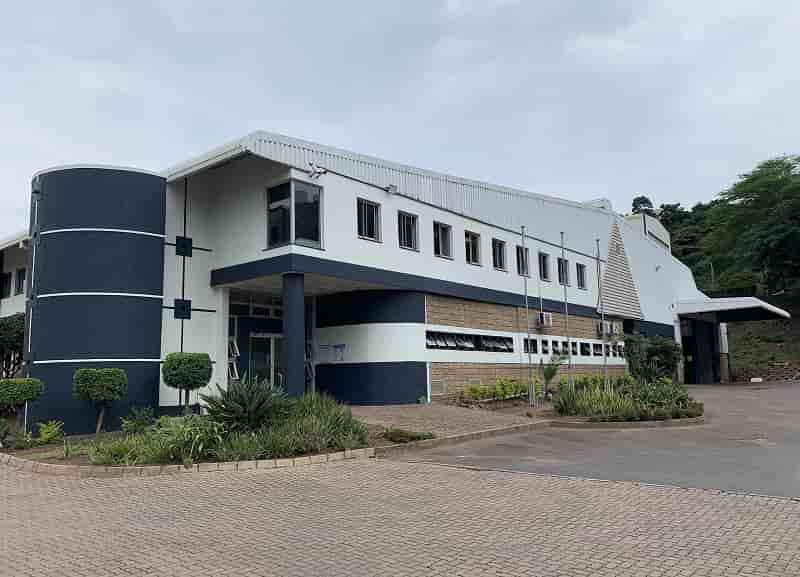
-CAMX 2021 exhibit preview: Ensinger
Appears in Print as: ‘Thermoplastic composite materials, services’
Ensinger offers a wide portfolio of products and services for thermoplastic composites, including its Tecatec materials range and polymer pulverizing and development services. Petrochemicals Recycled Polypropylene
With more than 50 years of experience in the field of thermoplastic materials, Ensinger (Bensalem, Penn., U.S. and Cham, Germany) offers a wide portfolio of products and services for thermoplastic composites and other high-end composite solutions. This includes Tecatec CP fabric-based semipregs, Tecatec IP fabric-based prepregs, Tecatec OS organosheet, powder pulverizing service, composite plates, tubes and parts.
Ensinger’s Tecatec CP single-layer semipregs are made from carbon or glass fiber fabrics coated with a thermoplastic matrix. The suitable matrix materials range from engineering polymers such as polycarbonate and polyamides, to high-performance plastics such as PEI, PEEK and PEKK. Alongside stock materials, Ensinger’s in-house compounding allows it to address most customer requests.
The portfolio also covers Tecatec IP thermoplastic prepreg materials. These are fully impregnated and consolidated, single-layer plies made from carbon or glass fiber fabrics. The full range of matrix polymers are available. Ensinger also offers customized matrix and fiber combinations, fiber architectures or matrix materials on request.
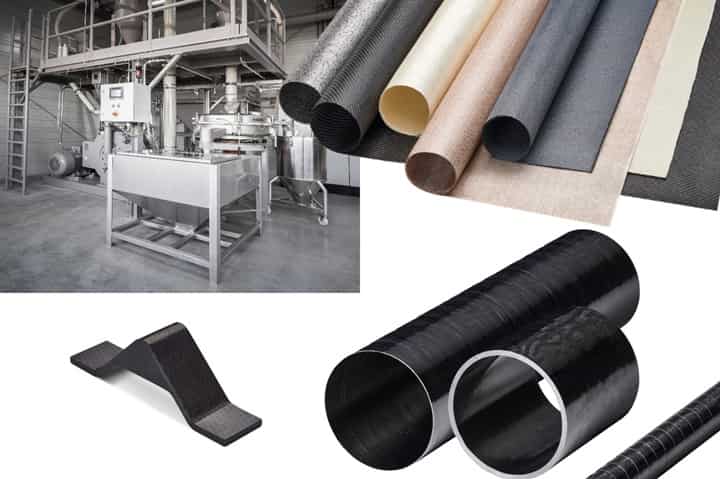
Petrochemicals Recycled Polypropylene
